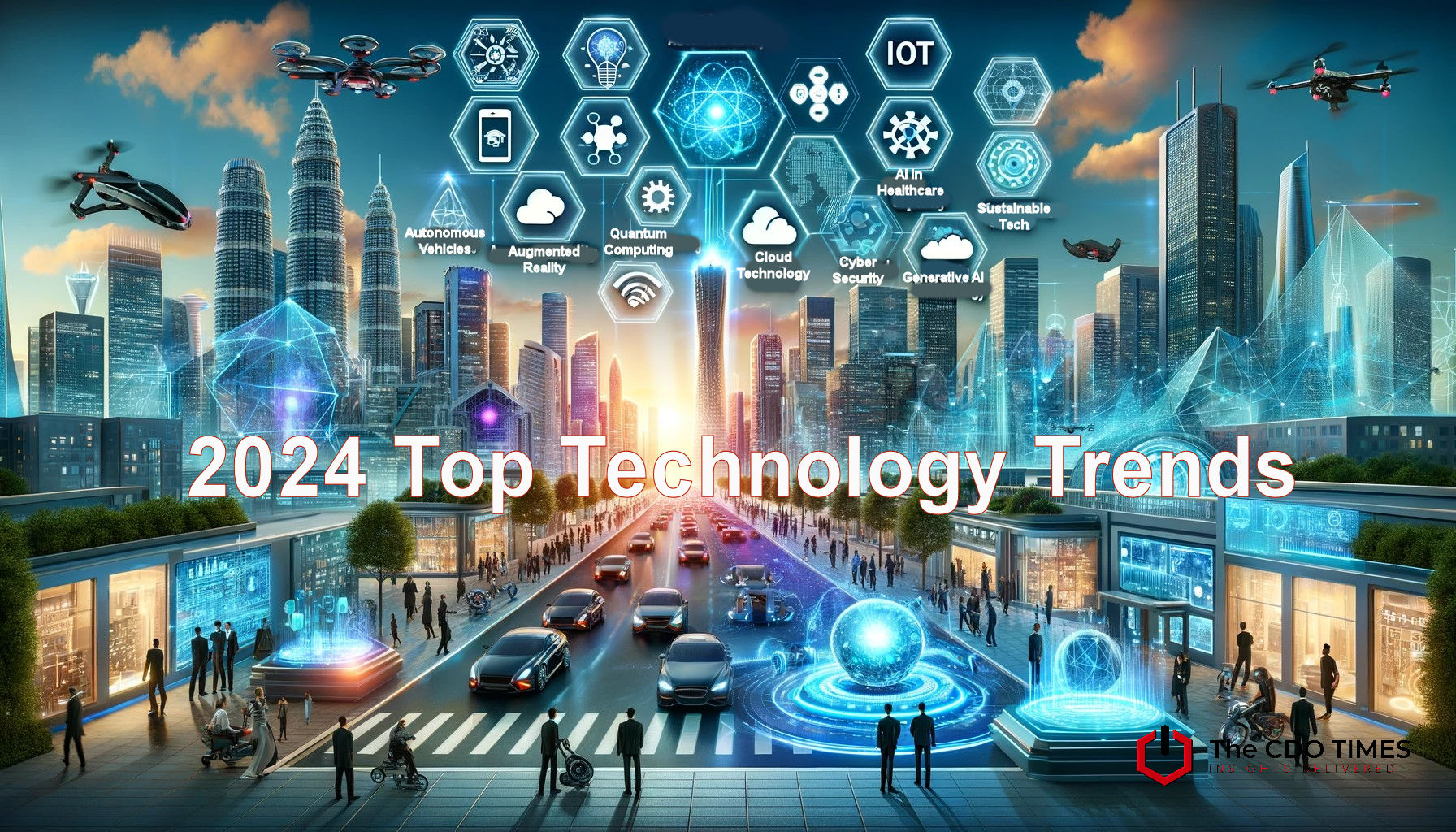Understanding the Role of Insurance in Financial Planning in 2025, As we look toward 2025, the role of insurance in financial planning is set to undergo a significant transformation. With advances in technology, evolving customer needs, and a growing awareness of the importance of financial security, the way insurance is integrated into long-term financial planning strategies is changing. Insurance will no longer be seen merely as a safety net for unforeseen events; it will become an integral part of a holistic approach to managing wealth, protecting assets, and securing future financial stability.
This article explores the critical role insurance will play in financial planning in 2025 and how emerging trends and technologies are reshaping the landscape.
The Evolving Landscape of Financial Planning in 2025
In 2025, financial planning will be more personalized and technology-driven, with a greater focus on holistic wealth management. Financial planners will rely on advanced tools such as AI, big data analytics, and machine learning to offer tailored advice and solutions that address the specific needs and goals of each individual. The role of insurance will extend beyond traditional coverage for life, health, and property to include wealth protection, tax planning, and legacy planning. Understanding the Role of Insurance in Financial Planning in 2025,
Insurance as a Risk Management Tool
Insurance, at its core, is designed to help individuals and businesses manage risk. In financial planning, it plays a crucial role in protecting wealth, preserving assets, and ensuring financial security for future generations. In 2025, as the world faces increasing uncertainty—from climate change and health crises to economic volatility—insurance will become even more central to comprehensive financial strategies.
Personalized Insurance Solutions
The future of insurance in financial planning will be highly personalized, thanks to advancements in data analytics and AI-driven insights. These technologies will enable insurers and financial planners to analyze an individual’s financial situation, goals, and risk tolerance to recommend tailored insurance solutions. For instance, life insurance policies will be customized based on an individual’s health data, family dynamics, and long-term wealth management goals, ensuring that policyholders receive the most appropriate coverage.
Key Areas Where Insurance Will Play a Critical Role in Financial Planning
In 2025, insurance will continue to evolve to meet the changing needs of individuals and families. It will be integrated into various aspects of financial planning to provide a comprehensive risk management strategy. Understanding the Role of Insurance in Financial Planning in 2025.
Life Insurance: Ensuring Wealth Transfer and Legacy Planning
One of the most important aspects of financial planning is ensuring that wealth is preserved and passed on to future generations. Life insurance will play a pivotal role in wealth transfer and legacy planning. In 2025, life insurance policies will be more than just a death benefit. They will be used strategically to enhance estate planning, cover inheritance taxes, and provide liquidity for heirs.
Advanced policy types such as indexed universal life insurance and variable life insurance will allow policyholders to build cash value over time while benefiting from market-based returns. These policies will become important tools for those looking to create wealth, minimize tax liabilities, and ensure financial security for their families.
Health Insurance: Mitigating Healthcare Costs and Planning for Long-Term Care
The rising cost of healthcare is a significant concern for many individuals. By 2025, health insurance will be a cornerstone of financial planning, offering solutions to protect individuals and families against unexpected medical expenses. With advances in telemedicine and healthtech, health insurance will become more integrated into preventive care and chronic disease management, empowering policyholders to take a more proactive approach to their health and financial well-being.
Long-term care insurance will also become increasingly important as life expectancies rise and people live longer. Policies designed to cover long-term care expenses, such as nursing homes or home health care, will be integral to securing a comfortable retirement. These policies will be better integrated with other financial planning tools to ensure that individuals can sustain their quality of life during retirement without depleting their assets.
Property and Casualty Insurance: Protecting Real Estate and Assets
For many individuals, real estate is their most significant asset, and property and casualty insurance will remain a key element of financial planning. As the climate crisis accelerates and the risk of natural disasters increases, individuals will need to ensure that their homes, businesses, and valuable assets are properly protected.
By 2025, insurers will use smart home technology and IoT devices to monitor risks in real time. These tools will allow for more dynamic and personalized insurance coverage. For example, in areas prone to floods or wildfires, homeowners can expect tailored policies that adjust premiums based on the risk level of their property. This will provide peace of mind and help individuals and families preserve their wealth in the face of increasing environmental challenges.
Disability Insurance: Safeguarding Income and Financial Stability
Disability insurance is often overlooked in traditional financial planning, yet it is one of the most critical components of wealth preservation. If an individual is unable to work due to injury or illness, disability insurance can replace a portion of lost income, ensuring that the person and their family can maintain their standard of living.
In 2025, disability insurance will be increasingly integrated into financial planning, with more customizable policies based on income, occupation, and lifestyle. This will ensure that individuals can secure the right coverage to protect their earnings and avoid financial hardship in the event of an unexpected illness or injury.
The Role of Technology in Shaping the Future of Insurance in Financial Planning
Technology will continue to revolutionize the way insurance is used in financial planning. By 2025, advancements in artificial intelligence (AI), big data, and machine learning will enable insurers to offer more precise and personalized coverage options, while also enhancing the efficiency of claims processing, customer service, and policy management.
AI-Driven Insurance Policies
AI will enable insurers to create more tailored insurance policies by analyzing a wide range of data, from an individual’s financial history and health records to lifestyle choices and even social media activity. This will allow insurers to offer dynamic pricing and customized coverage that aligns more closely with each individual’s unique needs and risk factors.
Big Data and Risk Assessment
Big data analytics will enable insurers to assess risks more accurately and offer more personalized financial planning solutions. Insurers will be able to analyze trends and patterns in real time, predicting potential risks and adjusting policies accordingly. This data-driven approach will allow for more accurate underwriting, reducing premiums for low-risk individuals and helping to ensure that high-risk individuals receive the appropriate level of coverage.
Blockchain for Transparency and Security
Blockchain technology will also play an important role in transforming the insurance sector. By 2025, blockchain will be used to streamline the process of policy issuance, claims management, and record keeping. With blockchain’s transparent, immutable ledger, individuals can be assured that their insurance policies are secure and that claims are processed fairly and efficiently.
The Future of Insurance in Financial Planning: A Comprehensive Approach
As we move toward 2025, insurance will no longer be a standalone product but an integral part of a broader financial planning strategy. By combining life insurance, health insurance, property coverage, and disability insurance, individuals will be able to protect their wealth, mitigate risks, and plan for a secure financial future.
The insurance industry will become more data-driven, customer-centric, and dynamic, offering personalized solutions that reflect the specific needs and goals of policyholders. With the rise of AI, big data, and blockchain, the future of insurance will be more efficient, accessible, and transparent than ever before.
In 2025, insurance will be a key tool in comprehensive financial planning, ensuring that individuals can manage risks, protect assets, and achieve long-term financial security.



